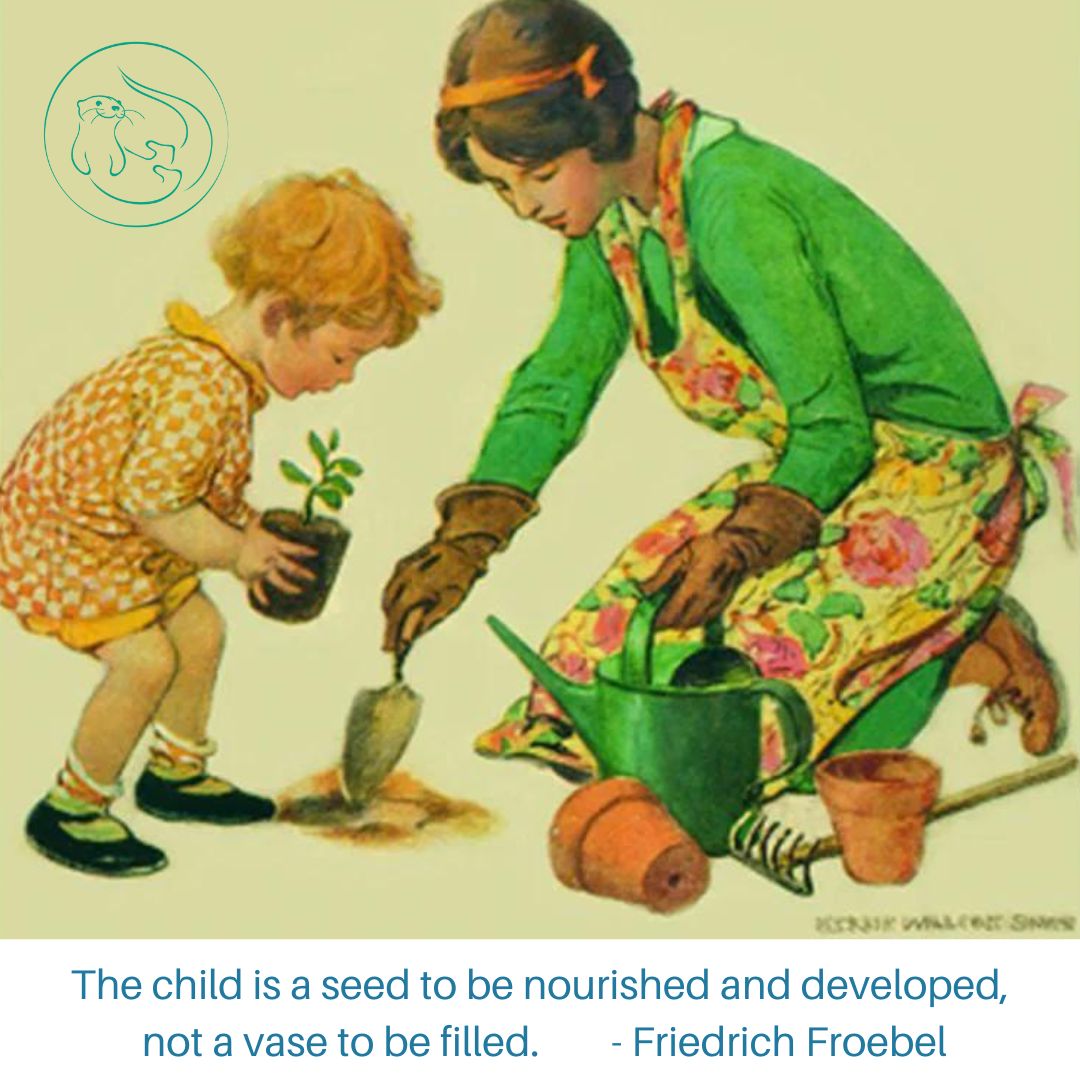
Intuitive parenting is a parenting approach that emphasizes a parent's natural instincts and intuition when it comes to raising their child. It's about tuning into your child's needs and responding to them in a way that feels right for both you and your child. While there is no one-size-fits-all approach to parenting, intuitive parenting allows parents to trust their own judgement and respond to their child in a way that is unique to them.
According to Dr. Laura Markham, a clinical psychologist and author of Peaceful Parent, Happy Kids, "Intuitive parenting means trusting your instincts as a parent, which is crucial for building a strong bond with your child. Intuition is our innate sense of what feels right, based on our own unique perspective and experiences. It's important to trust your instincts and your heart, because you know your child best."
Intuitive parenting is about being present and attuned to your child's needs, rather than following strict rules or parenting styles. As Dr. Shefali Tsabary, a clinical psychologist and author of The Conscious Parent, explains, "Intuitive parenting is about being present with your child and meeting them where they are. It's about letting go of your own agenda and being open to what your child needs in each moment."
One of the benefits of intuitive parenting is that it allows parents to be more flexible in their approach. As Dr. Ross Greene, a clinical psychologist and author of The Explosive Child, notes, "Intuitive parenting is about understanding that there's no one-size-fits-all approach to parenting. Every child is unique, and what works for one child may not work for another. Intuitive parenting means being willing to adapt your approach to meet your child's needs."
Intuitive parenting also allows parents to be more attuned to their own needs as well as their child's. As Dr. Markham explains, "Intuitive parenting means taking care of yourself as well as your child. It's about recognizing your own needs and taking steps to meet them, so that you can show up as the best parent you can be."
While intuitive parenting may sound like a natural approach to parenting, it can be challenging to implement in practice. Many parents may feel pressure to follow a particular parenting style or adhere to societal expectations. As Dr. Tsabary notes, "Intuitive parenting requires a shift in mindset. It means letting go of our preconceived notions of what parenting should look like and trusting our own instincts."
It can also be difficult to trust your intuition when you're feeling stressed or overwhelmed. However, as Dr. Greene notes, "Intuitive parenting is about recognizing that even when things are challenging, you have the inner resources to respond to your child in a way that is compassionate and effective. It's about trusting yourself and your ability to parent your child."
In conclusion, intuitive parenting is about trusting your own instincts and responding to your child in a way that feels right for both of you. While it can be challenging to implement, it can lead to a stronger bond with your child and a more fulfilling parenting experience. As Dr. Markham notes, "Intuitive parenting is about building a relationship with your child based on trust, love, and respect. When you trust your instincts as a parent, you can create a nurturing and supportive environment for your child to thrive."



